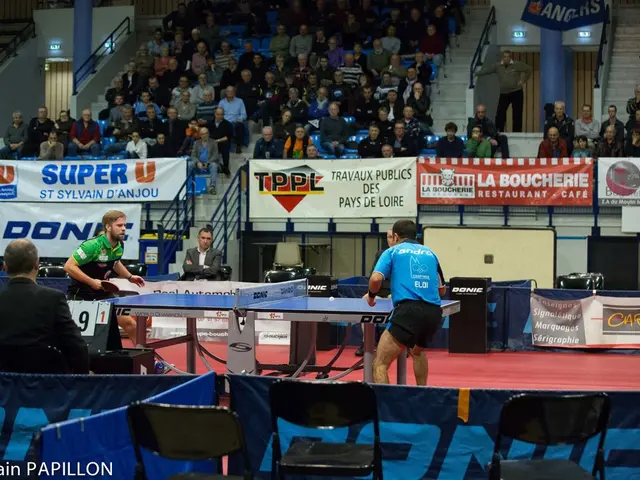Northvolt's Collapse Threatens €1B German Losses, Jobs, and Battery Production
Northvolt's financial troubles are causing concern in Germany. The German government and the state of Schleswig-Holstein face potential losses exceeding €1 billion due to the company's default. The Finance and Economic Committees of the Schleswig-Holstein State Parliament are debating the fallout and considering a public release of Northvolt's files.
Northvolt's collapse is leading to the dismantling of its operations. Buyers are snapping up individual divisions, such as the plant in Gdansk, Poland, and the development center in Stockholm. Meanwhile, the nearly completed production facility in Heide, Schleswig-Holstein, has been taken over by the US technology company Lyten. Lyten plans to integrate this site into its infrastructure to establish battery production with an initial capacity of 15 gigawatt-hours.
The main plant's production in Skellefteå is at risk of closure, with no realistic prospects for takeover in the near future. Around 900 jobs were lost at the plant before the insolvency. Scania, Northvolt's sole customer, has found the collaboration economically unviable and plans to switch to Chinese competitor CATL for battery cells. Northvolt Germany TopCo GmbH and its project company Northvolt Drei Project GmbH, which received €600 million in German taxpayer money, have filed for restructuring.
Northvolt's production in Ett, Skellefteå, Sweden, will cease on June 30, 2025. The German government and the state of Schleswig-Holstein are at risk of significant financial losses. Former state economics minister Bernd Buchholz has threatened a committee of inquiry if the information policy on Northvolt's collapse continues to be slow.
Read also:
- Crooked House Pub's Demolition: Council Orders Rebuild, Debate on Historic Building Protections
- Shaping India's Economic Progression: Readying the Financial System for Tomorrow
- Tesla Expands Supercharger Network in Canada by Over 630 Stalls by 2025
- Russian Auto Market Braces for Crisis as Chinese Suppliers Consider Exit







